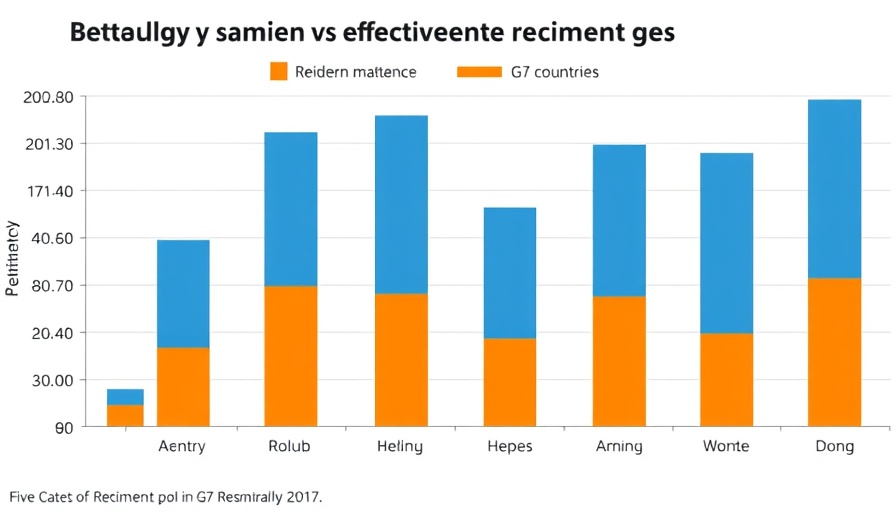
Retaliation Allegations Spark Outrage in Workplace Culture
The recent case involving a marketing executive at Terranea, a prominent Southern California resort, underscores the critical conversations surrounding workplace discrimination and employee rights. The plaintiff asserts that he was terminated for defending pregnant co-workers and raising concerns about the hostile behavior exhibited by the company’s president. This lawsuit serves as a reminder of the necessity for organizations to cultivate a people-first leadership culture, where employees feel protected and supported, regardless of their personal circumstances.
The Context of Discrimination: How Far Does It Go?
The allegations against Terranea's president reveal a broader issue of workplace discrimination, particularly against expectant mothers. The claim describes incidents where the president's inappropriate comments and actions not only targeted pregnant employees but also created a toxic environment for all female workers. Questions regarding a woman’s ability to manage her responsibilities while having children are not just inappropriate but can hinder employee engagement and performance. Such actions reflect a workforce strategy that fails to recognize the value of a diverse and inclusive environment. After all, embracing different life stages – including pregnancy – should be seen as a strength, not a liability.
Impact on High-Performance Culture
In a high-performance work culture, the actions taken by leadership greatly influence employee morale and retention. By retaliating against the marketing executive for standing up for his colleagues, the president missed a crucial opportunity to foster a supportive atmosphere. Strong employee retention strategies hinge on creating an environment where employees feel encouraged to voice concerns without the fear of reprisal. This incident highlights a significant disconnect: companies must prioritize the mental well-being and rights of their employees as critical components of performance-driven leadership.
Progressive Changes Needed to Protect Employees
As the conversation around such allegations advances, organizations are prompted to reassess their policies related to diversity, management training, and HR metrics. Implementing structured succession planning that advocates for inclusive leadership can significantly improve employee satisfaction and performance. More importantly, showing genuine care for the well-being of expectant employees can enhance overall employee engagement, leading to a thriving organizational culture.
A Call to Action: Prioritize Your People
The case against Terranea is a vital lesson for all organizational leaders. Protecting employees, especially during vulnerable times such as pregnancy, is not just a legal obligation – it's a reflection of your company's values. If you're in a leadership role, it's time to reevaluate whether your workforce strategy aligns with a people-first approach, ensuring that all employees are treated respectfully and have the support they need to excel.
 Add Row
Add Row  Add
Add 




Write A Comment